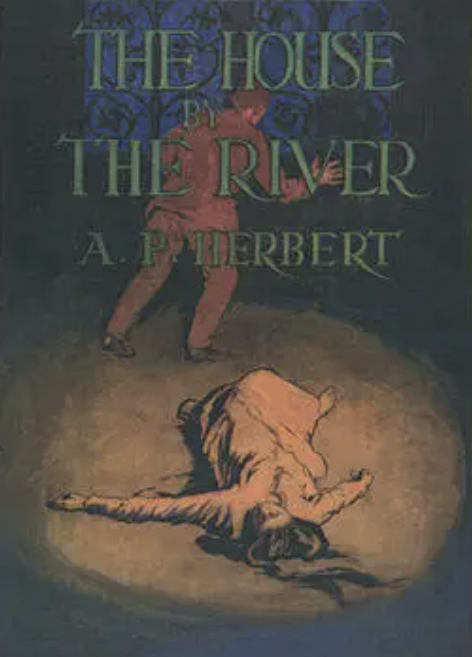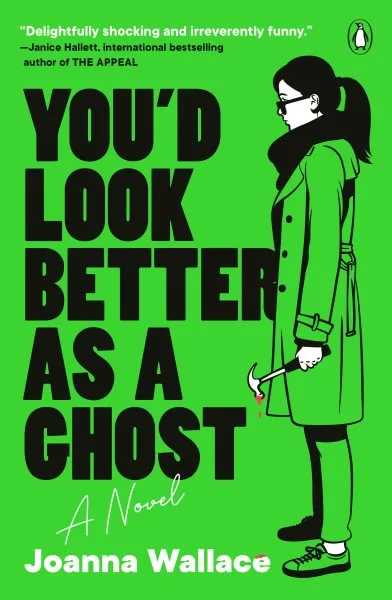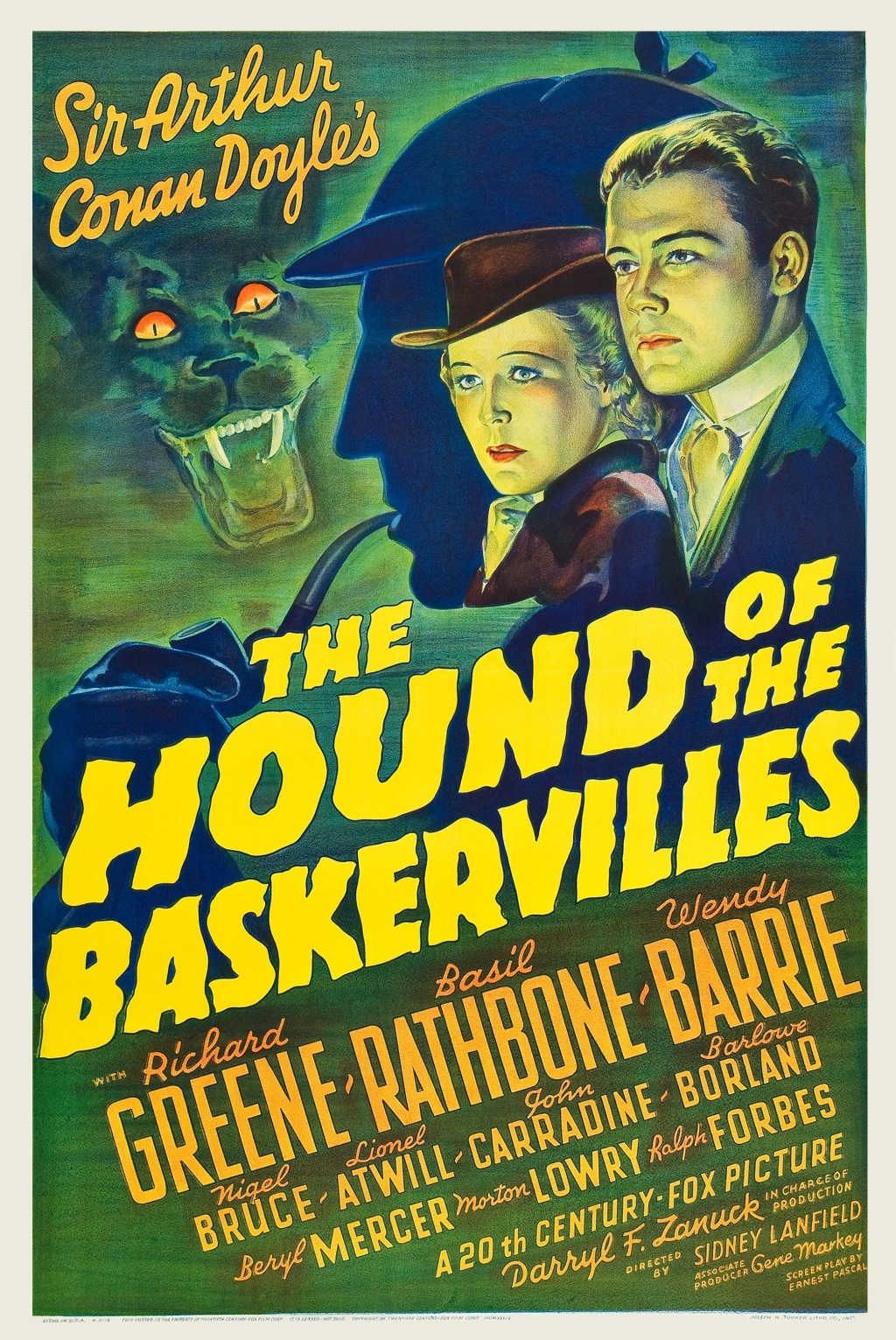
Originally published 1965
To everyone he’s every played dice with, Mitch Corley seems like the luckiest guy around. But in truth, Corley’s fast hands are the only gift fate’s ever given him. He’s never held down a steady job, and when it comes to women, his luck might just be the worst of all — his girlfriend and partner-in-crime Red would double-cross him in a heartbeat if she knew just how short on cash they really were. And if Red ever finds out about the wife Corley neglected to mention, there’s a good chance that Corley might not survive the night.
At first, Mitch was sure Texas would be the perfect place for him and Red to run their game — there are players in nearly every back room and side-street across the state and here, the pockets run just a little deeper. But Corley forgot about one thing: Texans don’t forgive easily. And there’s nothing they hate more than a cheater.
Those who have followed this blog for a while will be aware that my experiences with Jim Thompson’s work have generally been very positive. I have appreciated his bold characterizations, compelling situations and his ability to satirize aspects of American life. Given that most of his works are told from the perspectives of the criminous, it should be unsurprising that I – a fan of inverted crime storytelling – have become a fan of his.
In Texas by the Tail, protagonist Mitch Corley is a man with a problem. He and his girlfriend Red travel between casinos, trying to hustle rich folk in games of dice. While Red thinks they have a tidy sum stashed away, Mitch knows the reality is different and he is in desperate need of a big win. The pair head to Texas in search of bigger stakes and bigger winnings, only to find that the Lone Star State is a place where it is dangerous to cross a man…
Texas by the Tail is not, unfortunately, much of a crime story. To be fair to Thompson I am pretty sure that it was never intended to be. Perhaps it is meant to be a character study, both of its protagonist, Mitch, and of Texas’ biggest urban centers. I also can understand the suggestion that some make that it is intended to be a comedy, albeit one rendered in the ironic style we may now associate with the Coen brothers’ films.
Is there criminal activity? Sure, there’s a little but it is really never the focus of the book. As Mitch reminds us at points throughout the story, he isn’t a cheat. He doesn’t play with loaded dice – he has simply become very, very good at manipulating them and the people he plays with. As such this doesn’t exactly fit with the general themes of my blog. For that reason I think it best to acknowledge up front that this is neither a mystery nor a crime story and try to assess instead whether it is interesting on its own terms and within the wider context of the author’s work.
Thompson’s protagonists tend to be portrayed as either sociopaths or schlubs. Mitch is perhaps closer to the latter, though I think he is never made to look as foolish as say Joe Wilmot in Nothing More Than Murder or most of the cast of The Kill-Off. Instead Mitch is better seen as a desperate man trying to hold everything together. He may have made poor decisions but he is clearly trying his best to do right by everyone.
The exception to that statement, and the barrier to my liking Mitch, is his treatment of Red. There are a couple of very uncomfortable scenes in the book in which we see him disciplining her by administering some spankings. This is hardly unique to this book as an event – other Thompson novels often feature instances of domestic violence – but this doesn’t fit comfortably with the comical tone found throughout much of the rest of the book. In this respect it doesn’t feel like commentary on impotence and masculinity as it does when we see Lou Ford engage in it, nor can we dismiss it as playful given Red notes how much he hurt her later in the novel. As such, it just left me deeply uncomfortable while offering little in the way of insight.
There are clearly some signs that Thompson was trying to offer up something deep or profound at points, usually in the form of commentary in the narration. I felt most were trite and offered little of the insight or satire I am used to finding in his novels. Of course, not every book needs to be deep or offer those sorts of commentaries yet I feel it is necessary in the type of novel Thompson writes – without that depth those moments simply feel exploitative and prurient.
Still, while I may not love Mitch he is clearly not intended to be seen as cruel or sociopathic. Those labels can be better applied to the men Mitch moves among – the wealthy elites of Texas. They are by far the most ruthless, cold and cruel characters in the book. We see several such characters, observing not only their comfortable lifestyles but also how vicious they can be when they feel they have been crossed. Yet I think it is safe to say that they are also playing by their own set of rules and while some moments may feel capricious, typically the reader understands why they are acting the way they do.
While some of the interactions between Mitch and these characters can be interesting, I cannot say that I found any of them to be particularly compelling or memorable as characters. Perhaps that reflects that these characters are neither complex nor conflicted – they are who they appear to be from the outside.
I would suggest that the most interesting aspect of these characters is not their own personalities but to observe how they differ from the characters we have seen in other Thompson works. One of the main differences between this and those other works is that it takes place almost exclusively in the big urban centers of Texas which does allow Thompson to offer commentary on those places and the folk that inhabit them.
While I do not think you could accuse Thompson of densely plotting this novel, he does at least convey a sense that it is building towards a moment of reckoning. Throughout the novel there is a strong sense of a noose tightening around Mitch as his options are slowly whittled away and it looks increasingly likely that he will lose the things he cares for most. Frankly it was the sense that the book was building towards something that kept me engaged, hoping that Thompson would deliver a strong payoff to his story.
Sadly I feel that the book falls short even in this regard. What I find particularly frustrating is that there is a moment right towards the end of the book that would have provided the sort of kick that I have come to expect from a Thompson novel. Instead the ending feels at odds with much of what has preceded it. Taken with other aspects of the novel that diverge from Thompson’s typical style – the more likable protagonist and capery, comedic tone – we might view this as an attempt by the author to do something a bit different. Generally that self-awareness should be commended on the part of an author but unfortunately I just do not think that it works in this instance.
The result is a book that strikes me as lacking a clear sense of focus and purpose with too little to say to be regarded as a serious work while not being funny enough to be viewed purely as comedy. Readable, certainly, but not particularly enjoyable. It is, in my opinion, a decidedly lesser work with limited appeal for crime fans and one that I would suggest is best saved for later, deeper cuts into the author’s bibliography.
The Verdict: Perhaps Thompson was trying something different here – unfortunately it doesn’t work. Underwhelming novel with only slight connections to the genre and issues with tone.




Leave a comment